Your cart is currently empty!
Author: RoYuMi
-
Today’s Kanji – Begin – 始 – Hajimeru
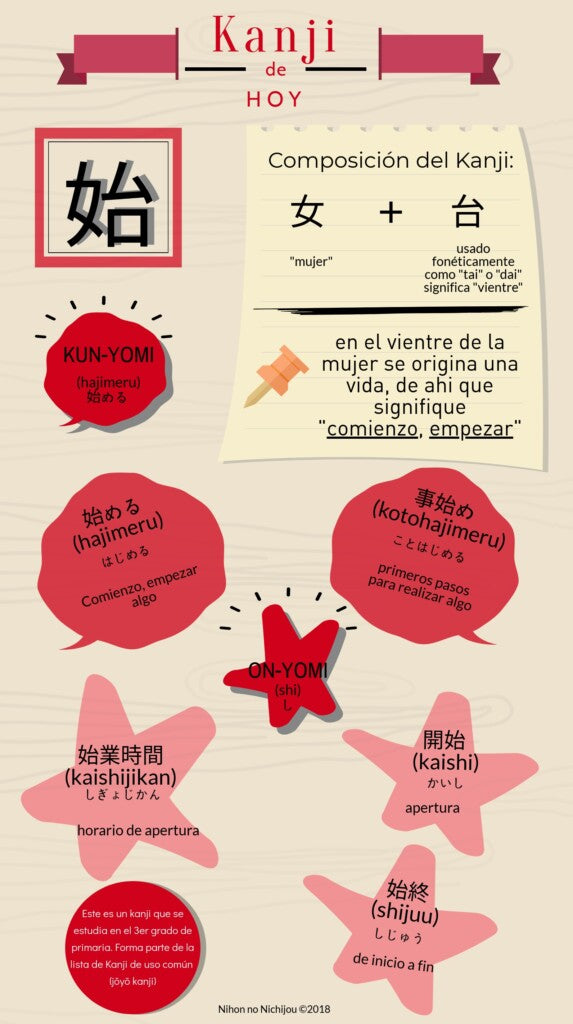
Today’s Kanji is “Begin, begin” This is a kanji that is studied in the 3rd grade of elementary school in Japan. It is part of the kanji in common use, better known as “jōyō kanji”. Read more
-
ONOMATOPOEIA – LEARNING JAPANESE
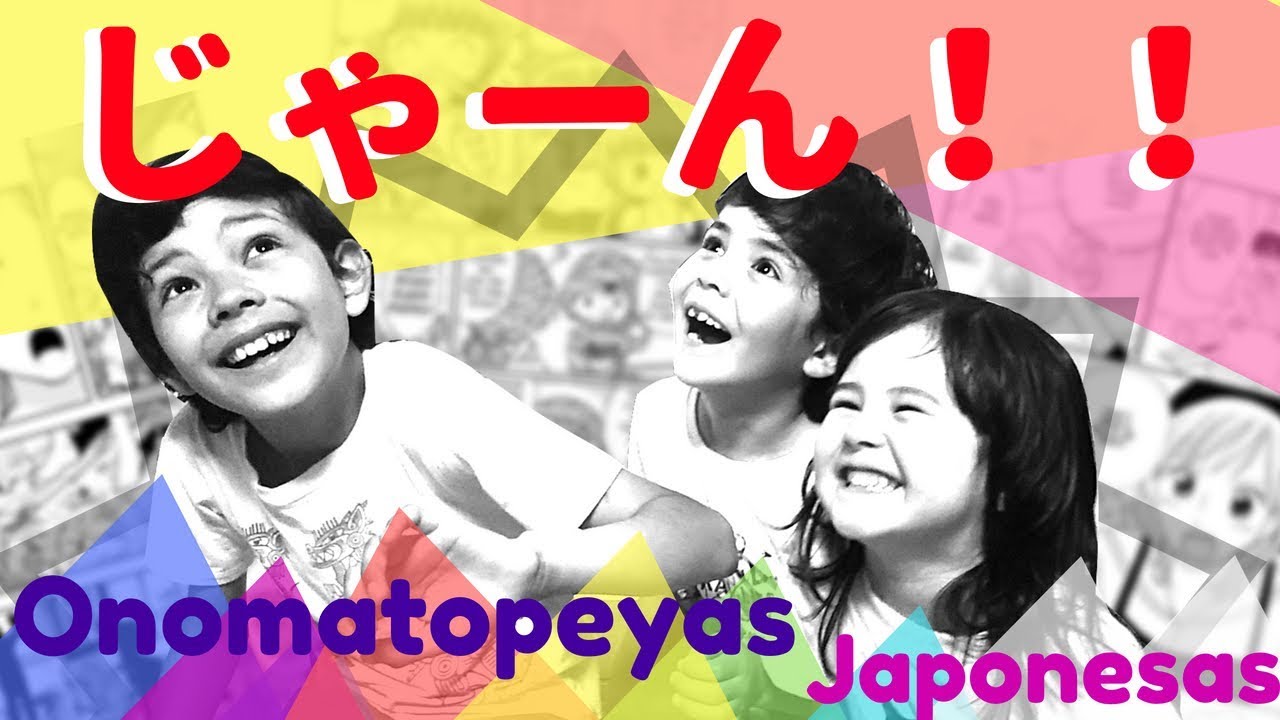
In the Japanese language, onomatopoeias are a fundamental part of daily communication, so the more you know, the better you can speak and understand it! Here we present a small list of onomatopoeia that are widely used in daily life in Japan: What other onomatopoeias do you know? Read more
-
CHILDREN’S DAY in JAPAN seen by children! (KODOMO NO HI)
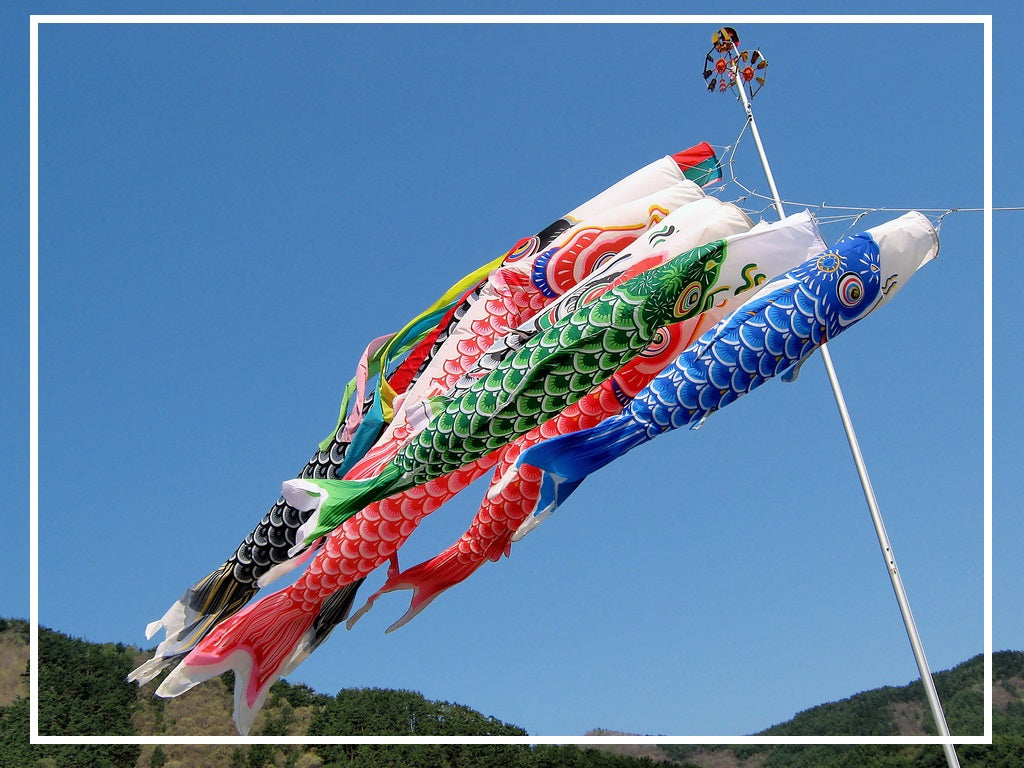
Children’s Day “こどもの日” (こども kodomo means children and 日 hi means day) is celebrated every May 5th in Japan. Some years before, this day was dedicated only to male children, since the girls’ day was March 3, the day called ” Hinamatsuri “. On Children’s Day, many festivals are held, gifts are given to children,… Read more
-
FAVORITE SWEETS of CHILDREN in JAPAN
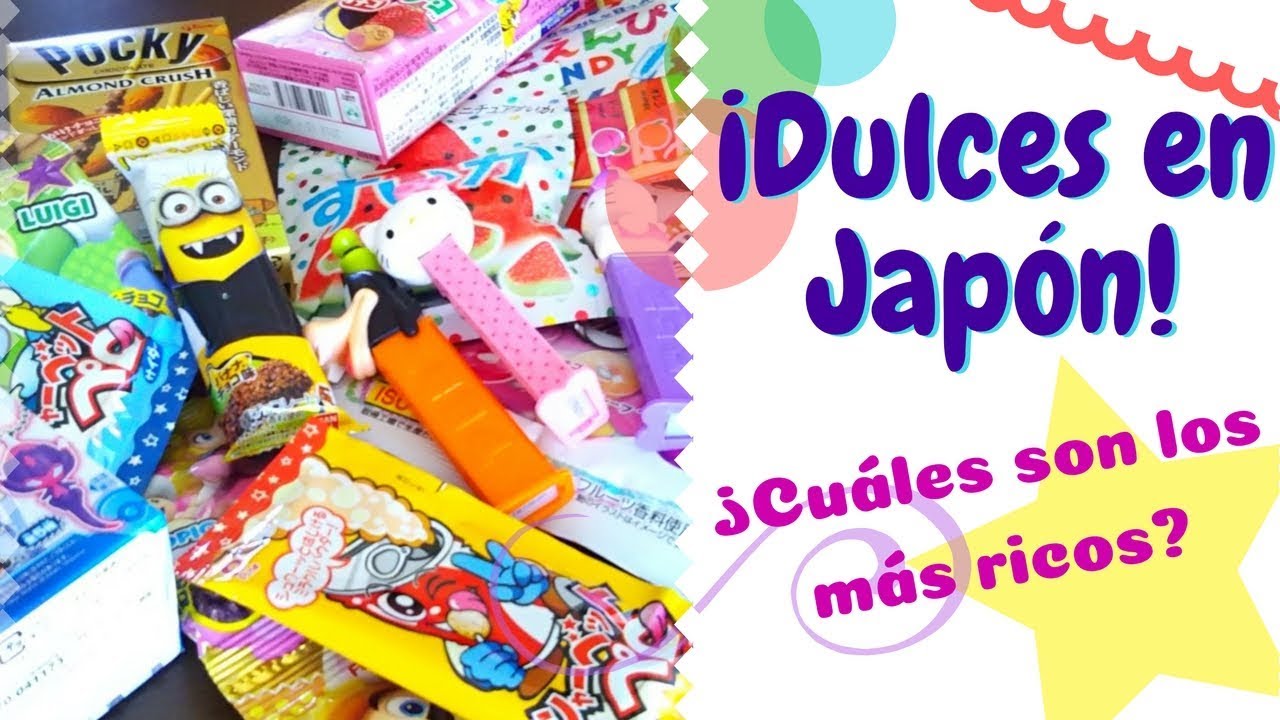
In Japan there are many types of sweets. So many flavors and colors for all ages and all tastes. Japanese sweets are very popular almost all over the world. Many know them from anime, at expos or have come to Japan. There are many options: candies, chocolates, gummies, exclusive sweets of a certain season as… Read more
-
Hina Matsuri – Girls’ Festival
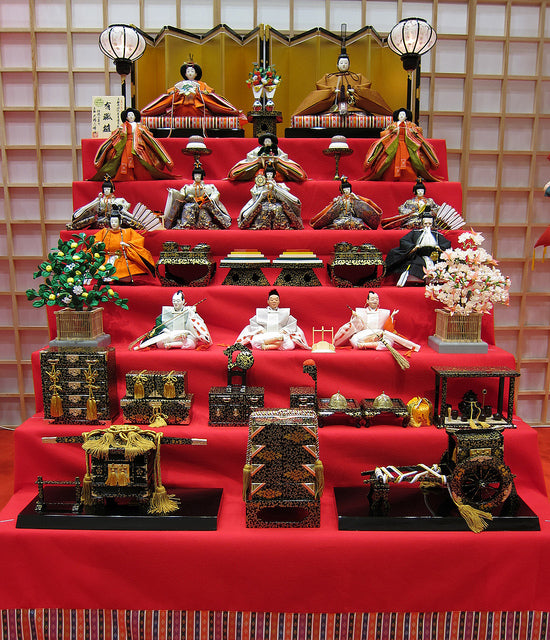
March 3 is the Hina Matsuri Festival or Girls’ Festival in Japan. On this day, rice cakes and other foods are prepared in the hope that the girls will grow up strong and healthy. As a tradition, a stepped altar ( hina kazari ) of about 5 to 7 steps is arranged, covered with a… Read more
-
“にゃんにゃん” Nyan Nyan
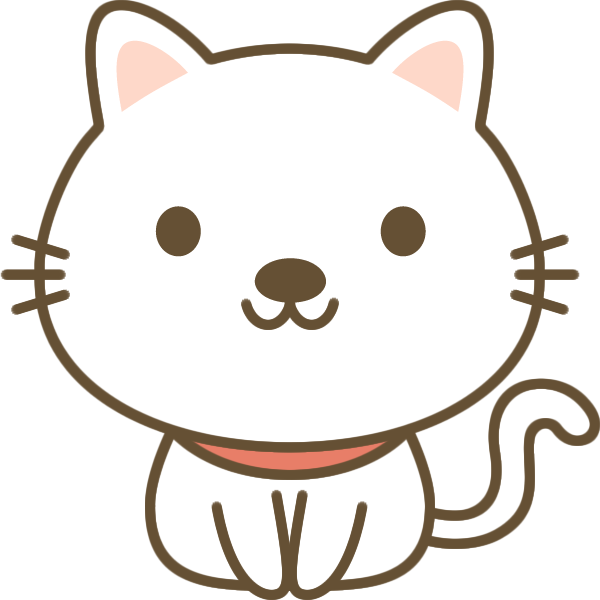
“にゃんにゃん” (Nyan Nyan) It is the sound that cats make in Japan and is also used by small children to call the animal. These sounds are onomatopoeic from the Giseigo classification (擬声語) which are the sounds that humans and animals make. If you want to see more about Japan, ask questions, leave your comments or… Read more
-
Shiritori – A play on words
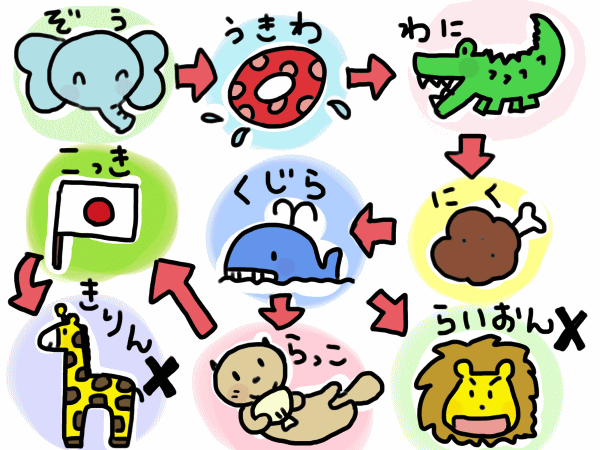
Shiritori (しりとり/尻取り) literally means “take the end.” It is a word chain game in which each player says a word that begins with the final syllable of the previous word. No distinction is made between hiragana and katakana. It is usually played by young children to learn words or improve writing by memory, however it… Read more
-
Setsubun – Throwing Beans
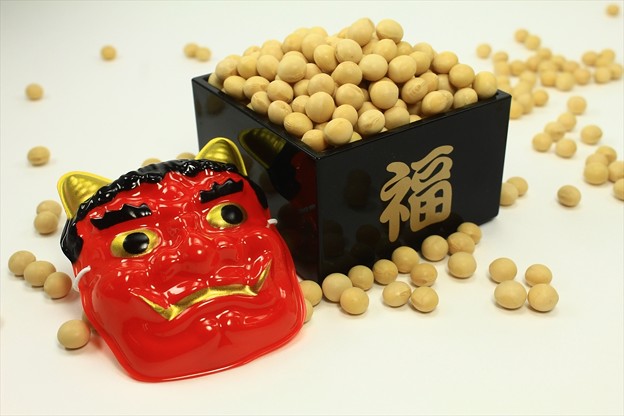
Setsubun means “day between two seasons”. It is a celebration that takes place in Japan one day before the first day of spring in the current calendar, usually around February 3 or 4. On the night of this day, people throw roasted soybeans in and out of their houses shouting, 鬼は外!福は内! Oni wa soto! Fuku… Read more
-
Ikanoosushi: A Road Education Plan for Child Safety in Japan
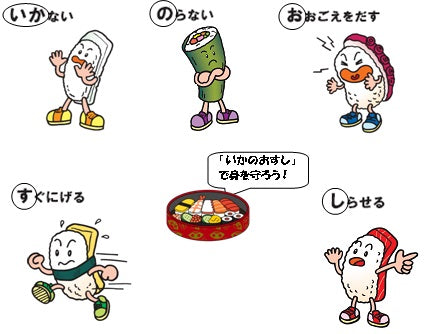
In Japan, to protect children and students on the streets, schools together with the Metropolitan Police Department have created a program on the prevention of crimes against minors. Boys and girls in Japan walk to school, as it is generally close to them. Sometimes they go in a group of friends but other times they… Read more
-
Hanamaru – School Grades
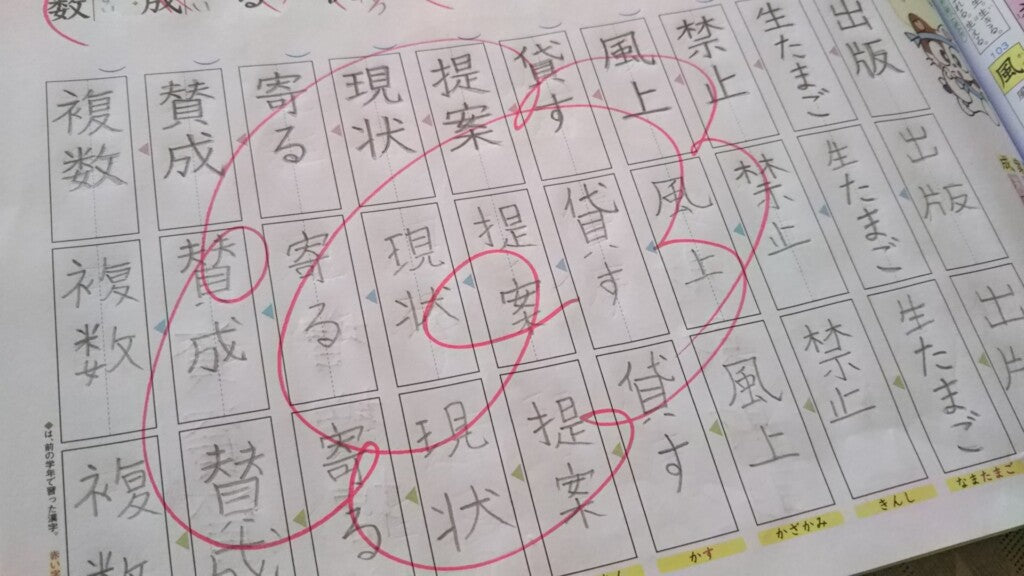
One of the things that confused me when my son started elementary school in Japan was the way teachers grade homework and schoolwork. Where I come from, when the answer was correct it was usually marked with a ✔ . Here in Japan they use this same mark to make the student notice that the… Read more
